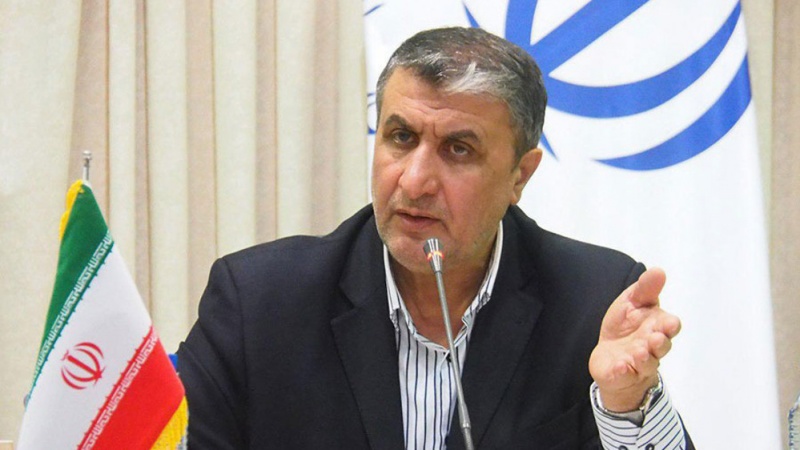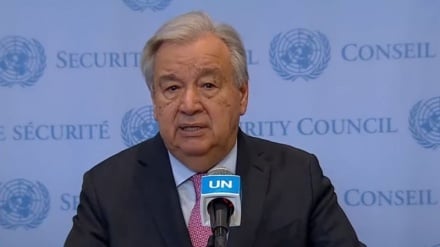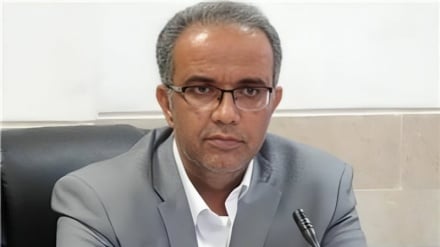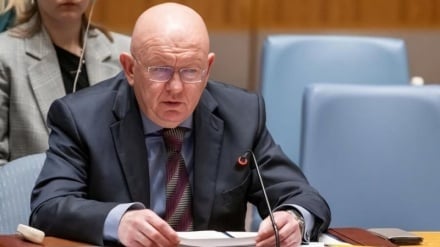Iran warns IAEA against 'unprofessional, unacceptable' behavior
Iran’s nuclear chief has warned that the "unprofessional and unacceptable" behavior of the UN nuclear watchdog's Director General Rafael Grossi would harm his reputation and that of the International Atomic Energy Agency (IAEA).
Mohammad Eslami, who heads the Atomic Energy Organization of Iran (AEOI), made the remarks in an interview with the Iranian state TV on Friday after the International Atomic Energy Agency's chief in a Wednesday report accused Iran of making an undeclared change to the interconnection between the two clusters of advanced machines enriching uranium to up to 60% purity at its Fordow plant.
He said Iran objects to the political issues dictated by Grossi and has written a "letter to the Agency that an inspector... who has inspected our facilities, has made a mistake and given an incorrect report."
"But yet again the Agency's director general released this issue to the media," the AEOI chief said.
"This is an unprofessional and unacceptable attitude and we hope that this practice will not continue... because this is not acceptable for his reputation and that of the Agency," Eslami said.
Back in November, Iran sent a letter to the IAEA informing it of a decision to start enriching uranium to the purity level of 60% at its Fordow nuclear facility.
Moreover, Iran has fitted and launched new centrifuges at two empty halls in Fordow and Natanz nuclear sites. The halls, under Iran’s commitment to the terms of the landmark 2015 nuclear deal, officially known as the Joint Comprehensive Plan of Action (JCPOA), had been vacant but centrifuges have been installed there once again.
In a joint statement on Friday, the United States and the three European parties to the JCPOA -- Britain, France and Germany -- said Iran's response to the IAEA's report was "inadequate" and accused Tehran of being inconsistent with its obligations under the Nuclear Non-Proliferation Treaty (NPT).
Iran and the IAEA are currently in a dispute triggered by the Agency’s Israeli-influenced accusations, which were leveled against Tehran’s peaceful nuclear activities just as the Islamic Republic and other parties to the Iran deal appeared close to an agreement on reviving the JCPOA.
ME



